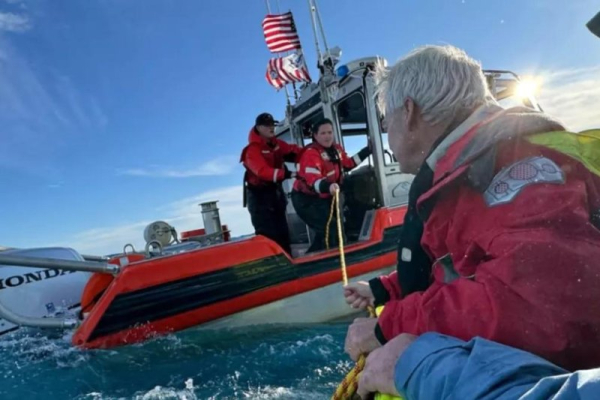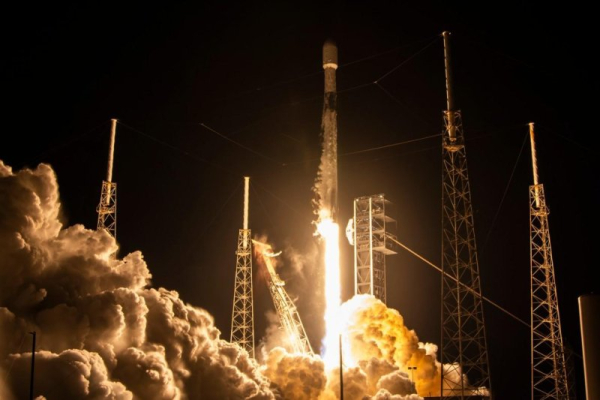
This week, the first “World Search and Rescue Day” highlights the world's powerful search and rescue system, which unites 45 countries. This day is dedicated to honoring the numerous humanitarian efforts of the global COSPAS-SARSAT operations.
The NOAA-funded COSPAS-SARSAT program, a global satellite monitoring initiative, is using Wednesday as its first-ever World Search and Rescue Day to commemorate the first COSPAS-supported rescue operation in 1982 off British Columbia, Canada.
“The purpose of this celebration is to honor the humanitarian efforts of the numerous specialists from 45 countries and independent search and rescue organizations who support global COSPAS-SARSAT operations,” the National Oceanic and Atmospheric Administration said in a statement on Tuesday.
Currently, the COSPAS-SARSAT global satellite monitoring initiative is used by the US Coast Guard, NASA, and the US Department of the Air Force to provide monitoring from aircraft to ground assets using deployed GPS satellites in medium Earth orbit.
The term COSPAS-SARSAT is a transliterated Russian acronym meaning “search and rescue satellite tracking system.” The system uses NOAA satellites in low-Earth and geostationary orbits to detect and locate airmen, mariners, and ground users in distress in or near the United States.
Since its first rescue operation in 1982, COSPAS-SARSAT has saved an estimated 63,000 people worldwide.
When a distress beacon is activated, NOAA satellites transmit its signal to a network of ground stations and ultimately to the U.S. Mission Control Center in Suitland, Maryland, NOAA officials said.
They added that from that point on, the data is quickly sent to rescue coordination centers run by either the US Air Force for land rescues or the Coast Guard for maritime incidents.
In April, NOAA reported that 411 lives were saved in the United States last year thanks to the COSPAS-SARSAT system, which operates via NOAA satellites in coordination with Coast Guard, Air Force, and NASA rescuers.
NOAA officials said Tuesday that the system had rescued about 190 people in and around U.S. waters as of August.
They added that the dead included five people killed in a plane crash in April near Coos Bay, Oregon.
Sourse: www.upi.com





